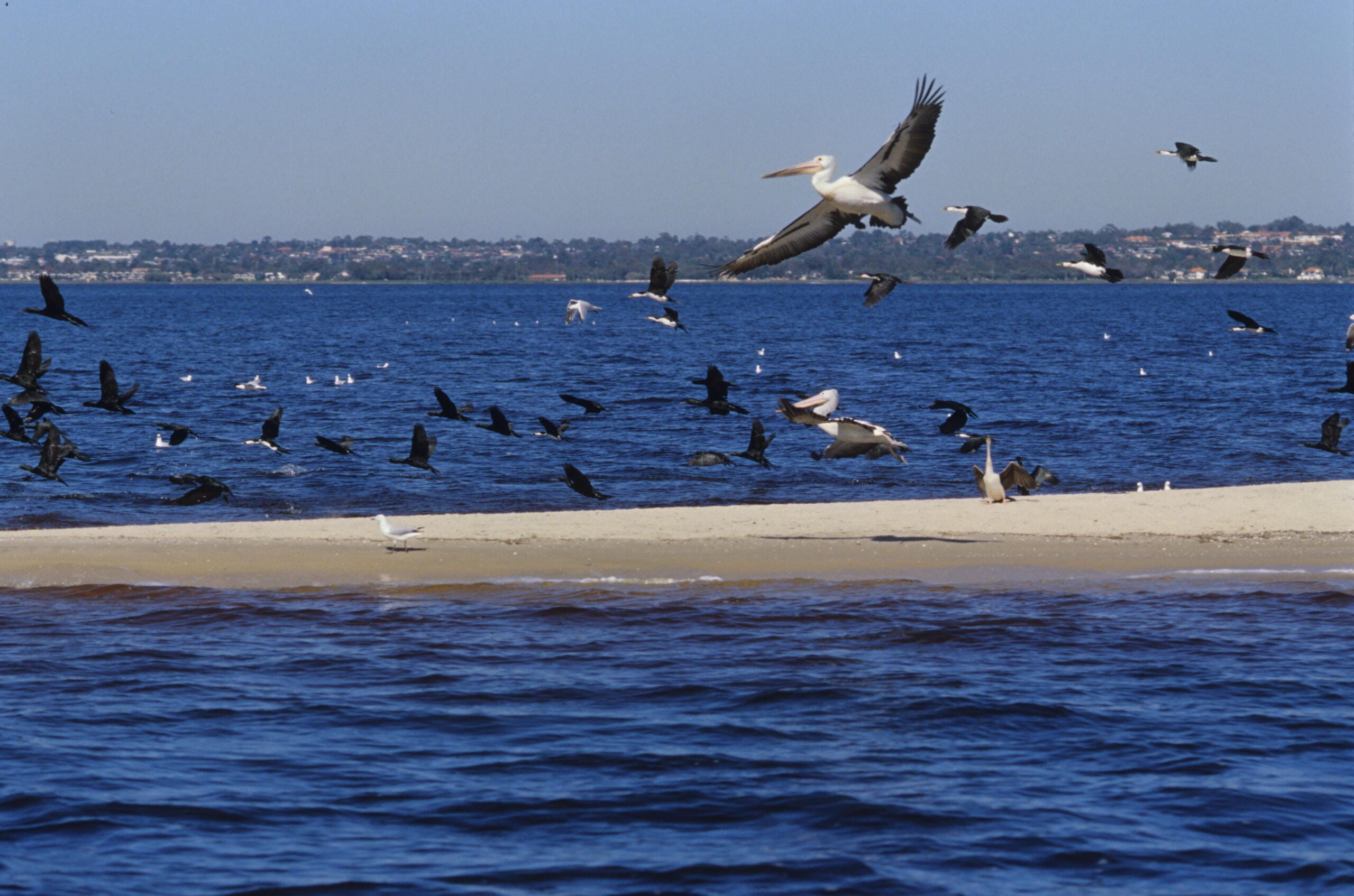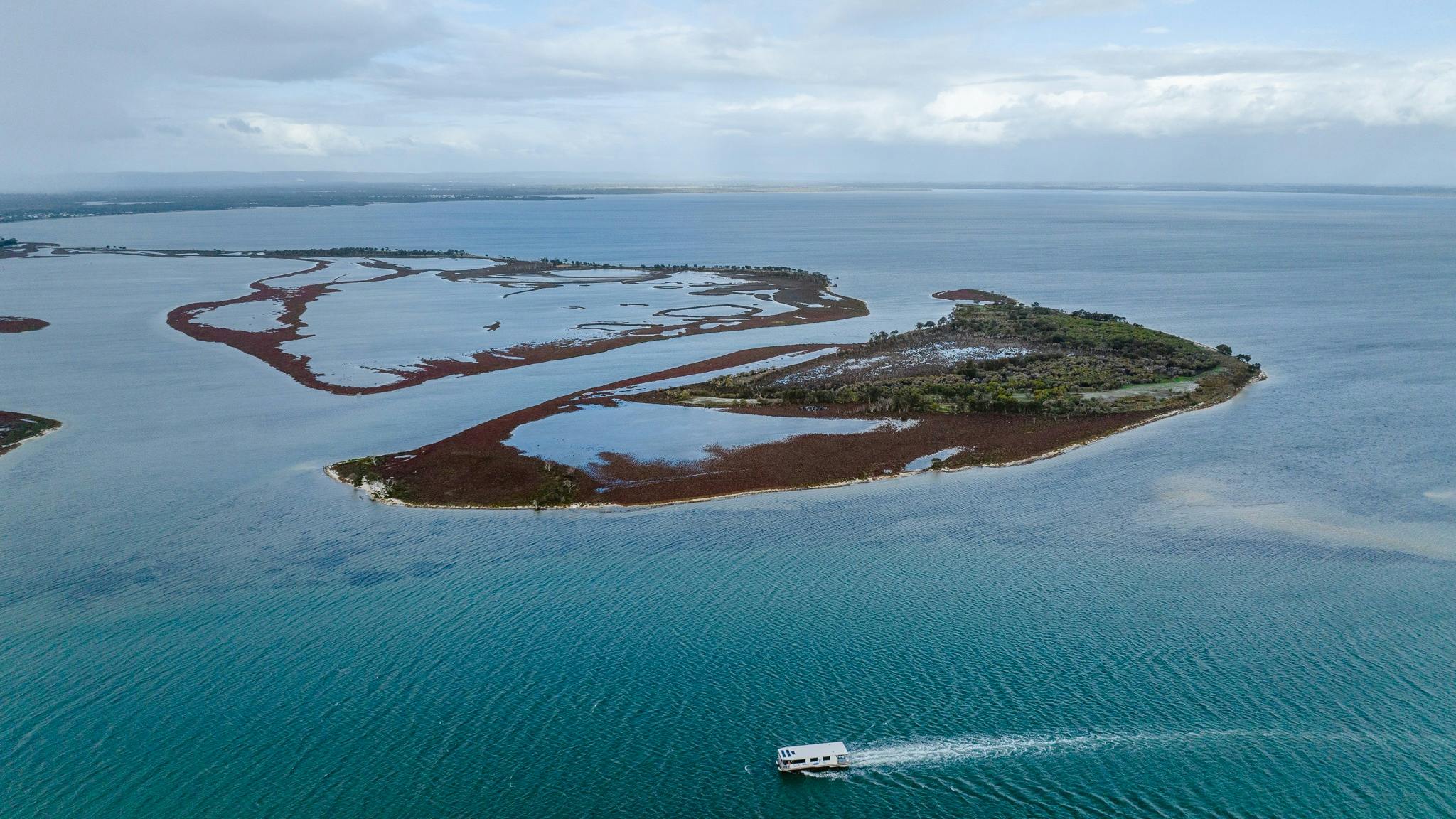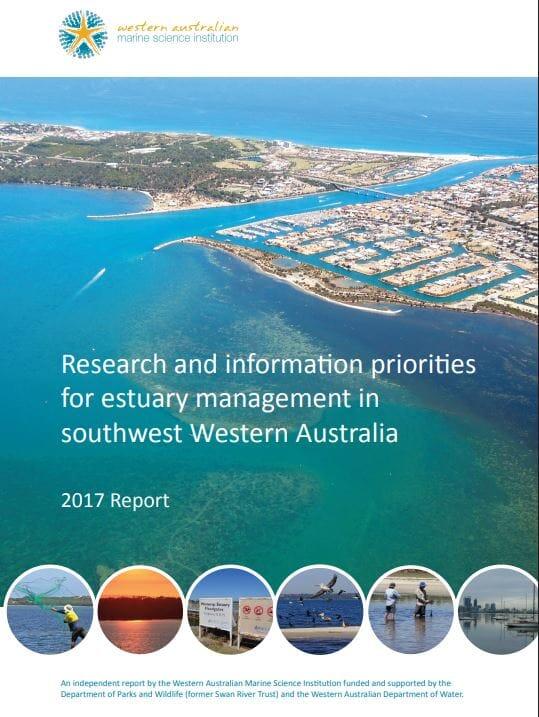

Estuary Science
About the Project
Estuaries are a vital part of our landscape both socially and economically. As a community, we receive a wide range of benefits from estuaries – liveability of cities and towns,
recreational opportunities, sacred sites, ports and harbours, bird sanctuaries, food resources, flood mitigation, and nutrient assimilation to name some. However, numerous pressures, associated primarily with catchment development and exacerbated by climate change, have resulted in impaired ecosystem health in several popular estuary systems.
The estuaries program was developed with the vision of delivering a complete, ‘whole-of-system’ management and planning guide for supporting healthy estuaries and the sustainable development of their catchments throughout WA, based on leading-indicator knowledge of estuarine response to any environmental or development scenario across the catchment-freshwater-estuarine-coastal continuum and an integrated assessment of estuarine function, use and governance.
The purpose of this body of work is to assist researchers to focus on high impact studies, and to help plan a more strategic and collaborative approach to developing information for future management through independent peer reviewed science.

Priority knowledge needs for southwest estuaries
The identification of knowledge gaps for estuary management was established through consultation with estuary managers and researchers.
- Water quality
- Key Habitats
- Biodiversity
- Land use practices
- Coast Engineering and Port development
- Sediment Quality
- Human Health
- Freshwater and Hydrology
- Sustaining Resources
- Socio-economic Issues in Decision Making
- System Modelling
- Synthesis of Highest Priorities at a Regional Scale
Report

Research and information priorities for estuary management in southwest Western Australia



